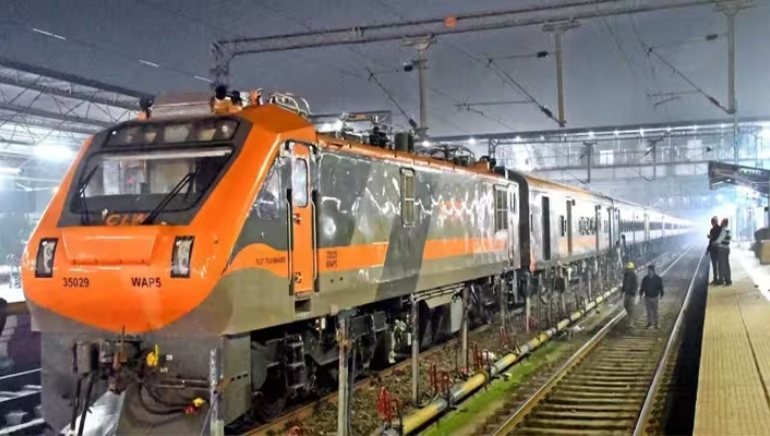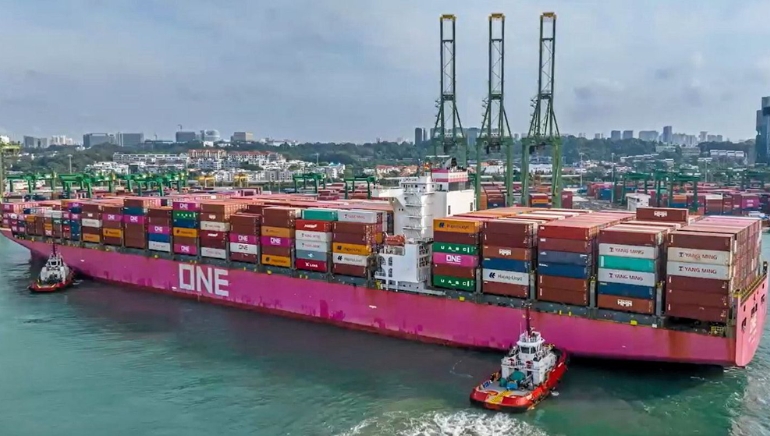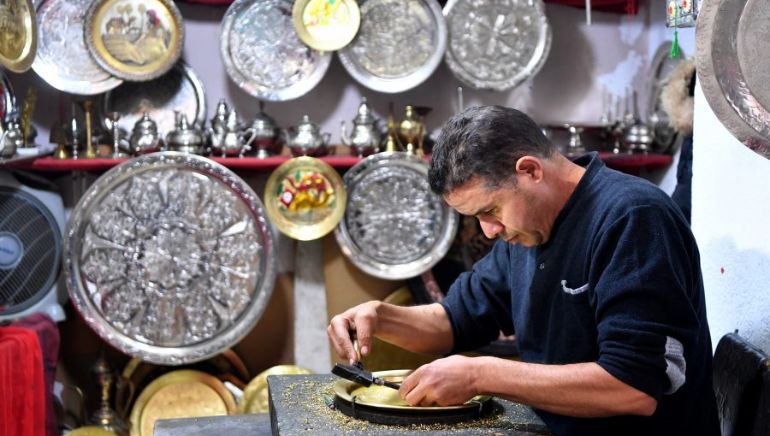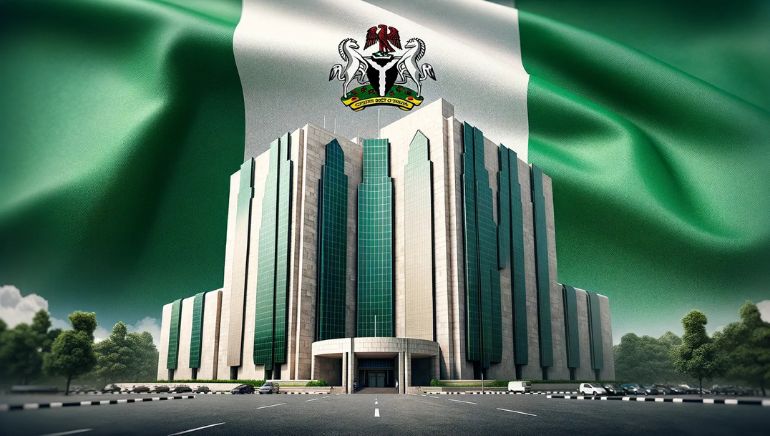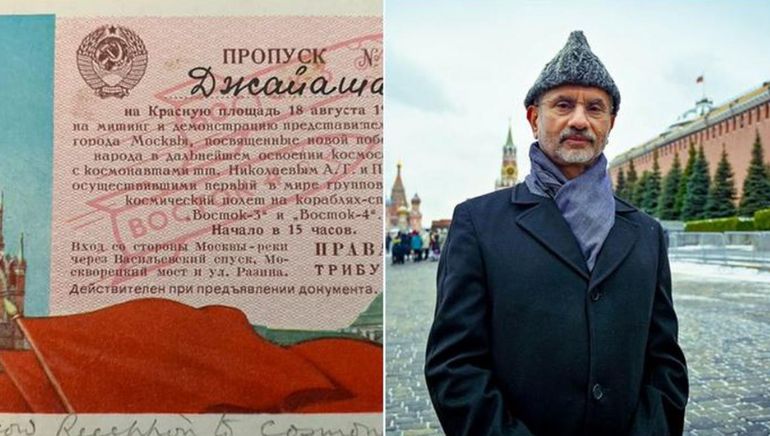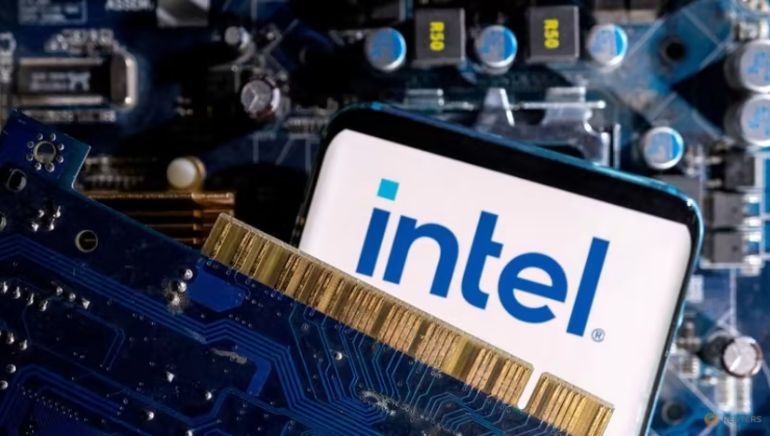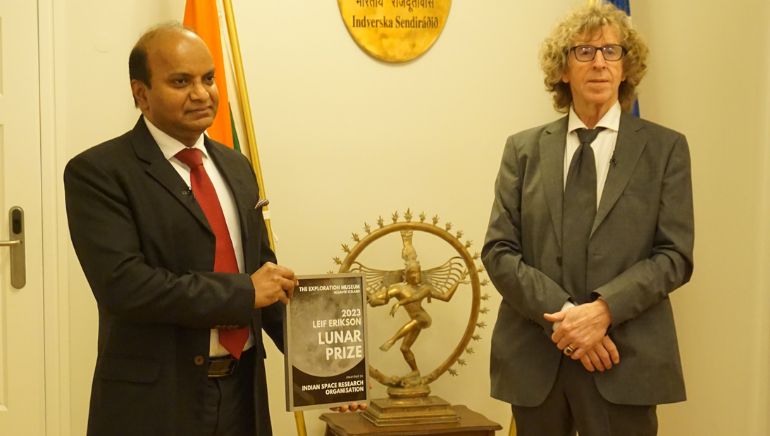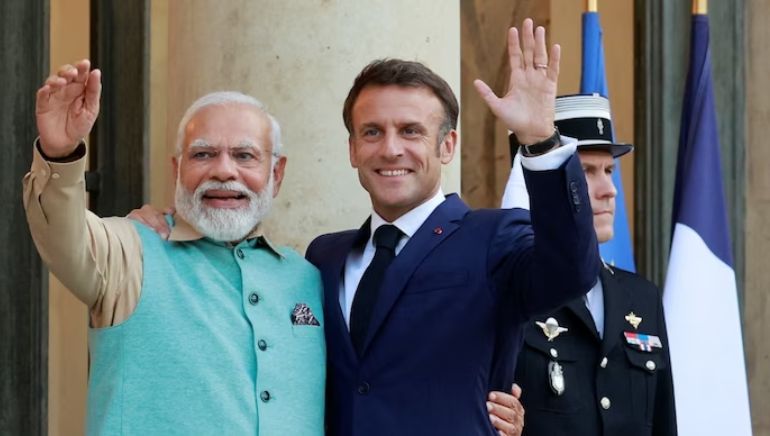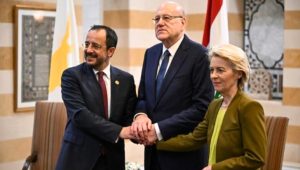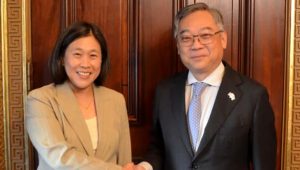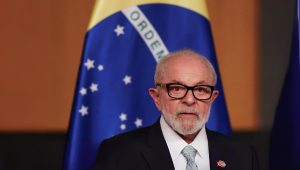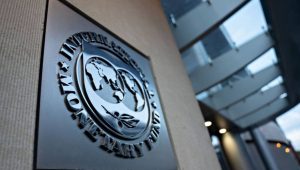The Indian Railways is gearing up to launch the Amrit Bharat Express on December 30, with Prime Minister Narendra Modi inaugurating the groundbreaking initiative. Formerly known as Vande Sadharan, this push-pull train is poised to revolutionize the commuting experience, particularly for the migrant labor force, boasting a remarkable speed potential of 130 kmph.
Railway Minister Ashwini Vaishnaw conducted a thorough inspection of the first Amrit Bharat train, emphasizing the incorporation of innovative push-pull technology. This technology, featuring two engines—one at the front and another at the rear—significantly enhances speed, passenger comfort, and safety. Notably, a semi-permanent coupler minimizes jerks during starts and stops, ensuring a smoother operation compared to older technologies.
Designed with a strong focus on safety and efficiency, the non-air-conditioned Amrit Bharat Express includes features such as covered spaces between coaches to minimize air pressure, water-saving toilets, and enhanced amenities like charging points. Even the general coaches prioritize passenger comfort with cushions, wheelchair-accessible ramps, and improved toilet facilities.
Following a successful trial run that surpassed Railway expectations, the Amrit Bharat Express will undergo a four to five-month general run to address any potential technical challenges. Subsequently, the Integral Coach Factory (ICF) in Chennai will produce 20 to 30 trains monthly, with configurations extending from general class to AC-II, aiming to elevate the travel experience for non-AC passengers. Comprising 22 coaches with various accommodations, the Amrit Bharat Express is poised to set new standards in Indian rail travel.





